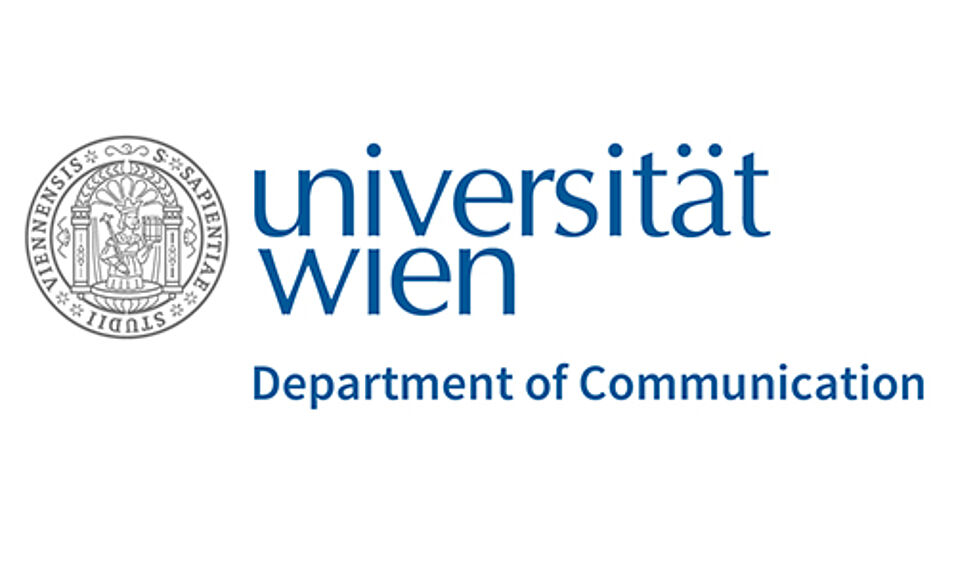After launching the strategic partnership with the European Platform of Regulatory Authorities (EPRA) in February 2022, Department Chair Jörg Matthes and Krisztina Rozgonyi, who is leading the department's Comms Policy Collaborative (CPC) alongside Jennifer Adams, were invited to join the 55th EPRA meeting in Antwerp, Belgium, from May 11-13. Jörg Matthes delivered a keynote to more than 150 representatives from the media regulatory sector on Researching the exposure of minors to unhealthy foods and its effects as part of the session "Minors & Advertising", a key topic on the agenda of regulators, especially with regards to video-sharing platforms. Furthermore, Krisztina Rozgonyi mapped out current international standards for media regulators, and highlighted the significance of collaboration between academia and policy-making processes for better and more sustainable policy.
EPRA and our department are looking to strengthen our partnership in the near future. More information on the recent event in Antwerp can be found here.

